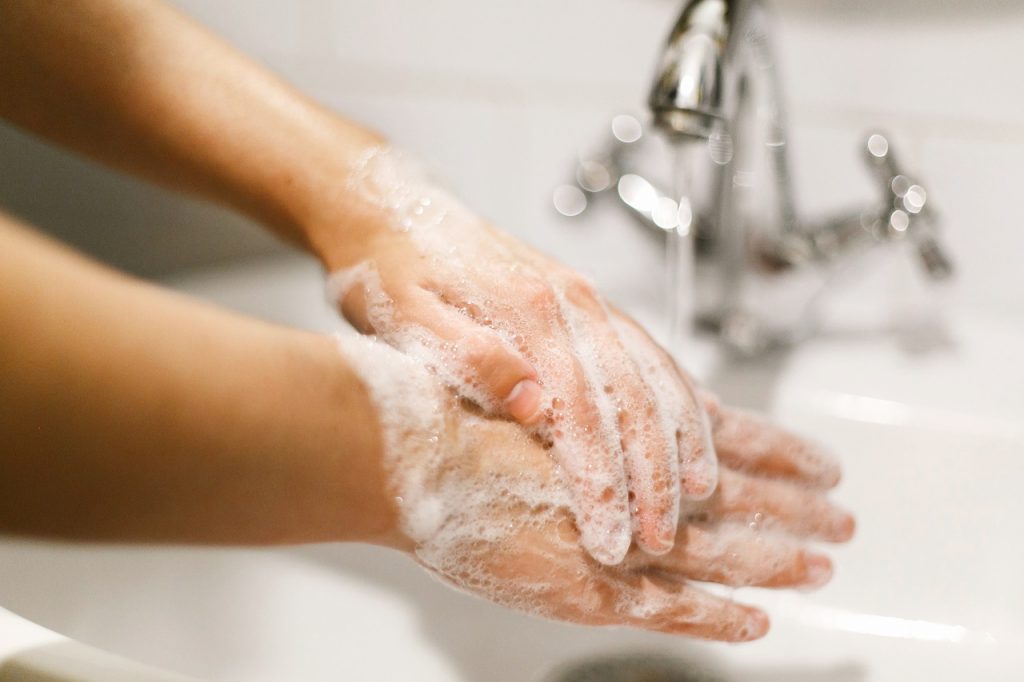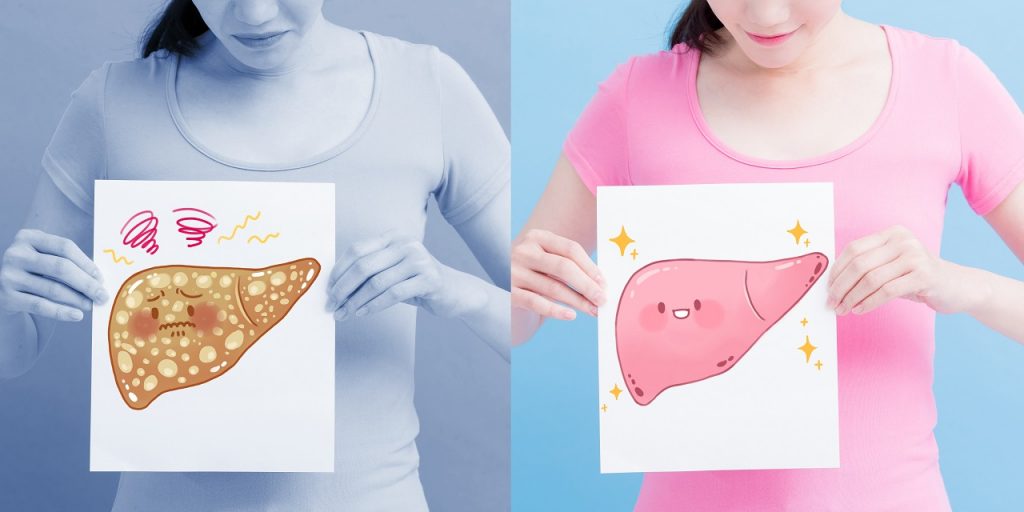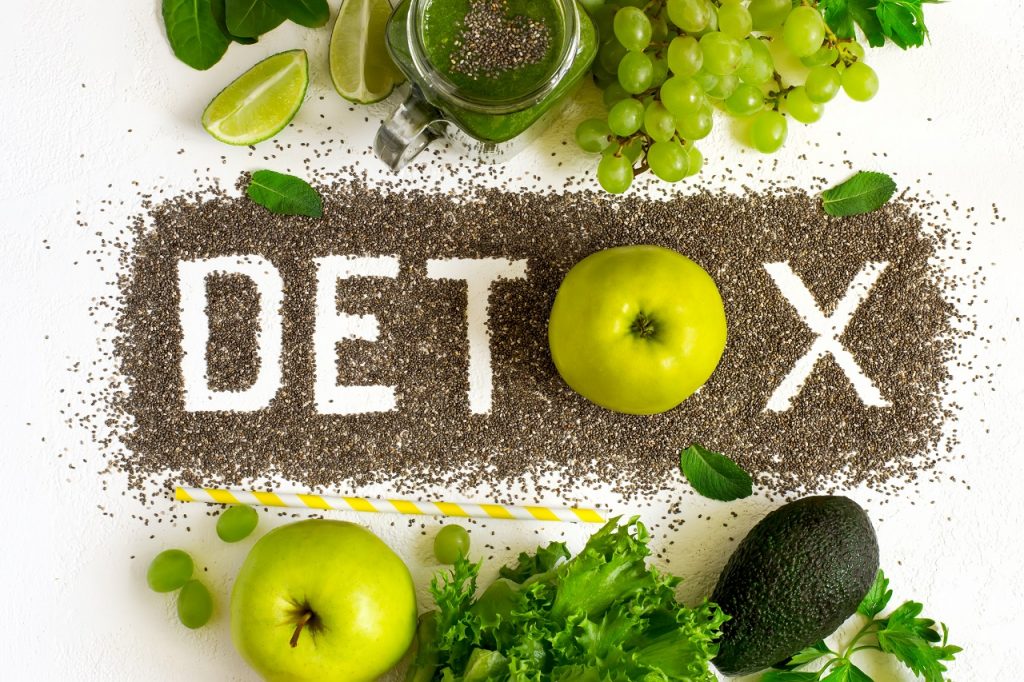 Thanks to the coronavirus pandemic, WHO deemed washing hands as one of the standard precautionary steps! While we are still quite far away from the pandemic ending, have you ever wondered how washing hands can help curb the spread of the virus or any infection?
Thanks to the coronavirus pandemic, WHO deemed washing hands as one of the standard precautionary steps! While we are still quite far away from the pandemic ending, have you ever wondered how washing hands can help curb the spread of the virus or any infection?
Fact: Washing hands can prevent about 30% of diarrhoea-related sicknesses and about 20% of respiratory infections?
So how does this work? How does something so simple help save so many lives?
The Science Behind Washing Hands
Washing hands definitely plays a key role in the battle against COVID-19. Many diseases and conditions are spread by not washing hands with soap and clean water. If one does not wash hands properly, the germs get onto hands and may spread while shaking hands, touching other objects, sneezing and coughing. Washing your hands properly reduces these risks and stops viruses such as the coronavirus from spreading.
According to Centers for Disease Control & Prevention (CDC), Washing Hands prevents from infection because:
- People frequently touch their eyes, nose, and mouth without even realizing it. Germs can get into the body through the eyes, nose and mouth.
- Germs from unwashed hands can get into foods and drinks while people prepare or consume them. Germs can multiply in some types of foods or drinks, under certain conditions, and make people sick.
- Germs from unwashed hands can be transferred to other objects like handrails, table tops, or toys, and then transferred to another person’s hands.
How to Wash Your Hands?
Washing hands is a day to day task, but if done with ideal steps, it can surely make a positive difference. CDC (Centre for Disease Control), an international organisation, recommends cleaning hands in a specific way to avoid getting sick and spreading germs to others.
Follow these steps:
- Wet your hands with clean, running water (warm or cold), turn off the tap, and apply soap.
- Lather your hands by rubbing them together with the soap. Be sure to lather the backs of your hands, between your fingers, and under your nails.
- Scrub your hands for at least 20 seconds. Need a timer? Hum the “Happy Birthday” song from beginning to end twice.
- Rinse your hands well under clean, running water.
- Dry your hands using a clean towel or air dry them.
WHO recommends that “If your hands are not visibly dirty, frequently clean them by using alcohol- based hand rub or soap and water.” CDC recommends washing hands with water and soap but in case water and soap is not available, only then a hand sanitizer with at least 70% alcohol can be preferred to wash/clean hands.
This is because:
- Sanitizers can quickly reduce the number of microbes but they DO NOT ELIMINATE all types of germs.
- Hand sanitizers are not recommended when you get your hands greasy or visibly dirty.
- Hand sanitizers might not remove harmful chemicals, like pesticides and heavy metals, from hands.
Click here for the right way to use a hand sanitizer: https://goqii.com/blog/the-correct-way-to-use-hand-sanitizer-to-kill-99-9-germs/
When Do You Wash Your Hands?
According to WHO, Wash your hands:
- After coughing or sneezing
- When taking care of a person who is ill
- Before, during and after preparing food
- Before entering your home
- Before eating your meals
- After using the toilet
- When hands are visibly dirty
- After handling animals or animal waste
- Before and after using gloves
Washing your hands is an easy, cheap, and effective way to prevent the spread of germs and keep kids and adults safe from the virus and various diseases. Let’s spread awareness among our kids by demonstrating the correct technique of washing hands, by making this a regular part of their routine with their eating habits, giving frequent reminders to each other and carrying sanitizers in the community areas.
For more information and safety tips, connect with a GOQii Coach by subscribing for personalized coaching here: https://goqiiapp.page.link/bsr
Let’s end this pandemic together and #BeTheForce






